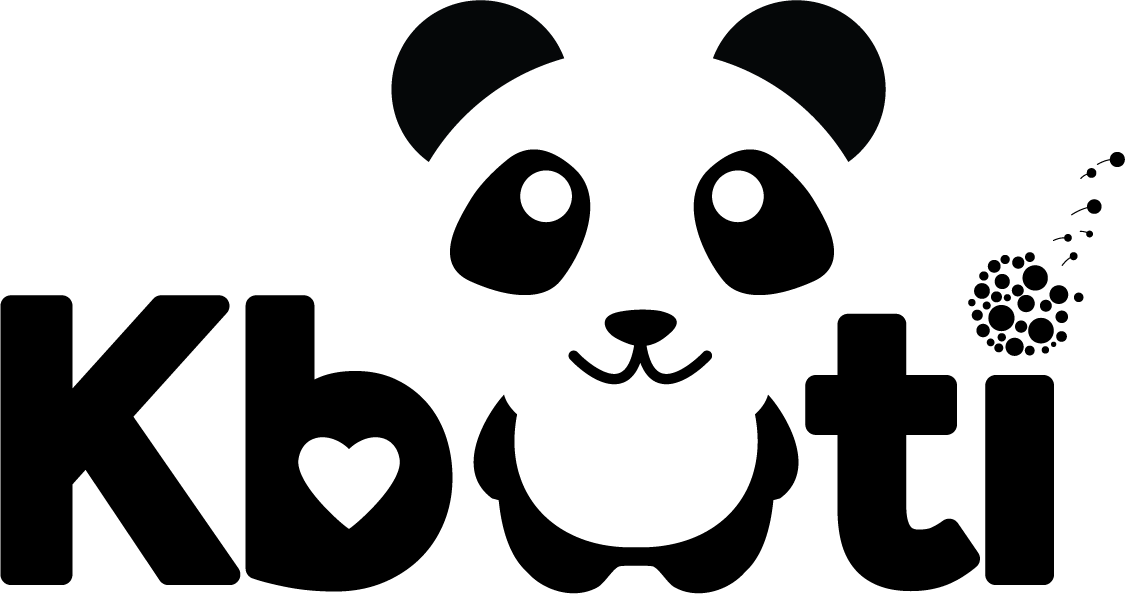Being desperate to be a parent is one thing but how that baby feels about their origin when they grow up is another. Much of it comes down to how they are told about how they came to be and when according to a survey compiled earlier in 2019 by ‘We Are Donor Conceived’. This survey offers invaluable insight into the thoughts and feelings of a bunch of DC (donor-conceived) peeps.
Knowing that forty-eight per cent of those surveyed said they felt sad or mad about the method used and 17% were neutral on the topic reinforces my decision to go rogue was the right one for me.
While it’s not surprising that seventy-four per cent of the respondents do not support anonymous donor conception, I’m sure many would also agree that mass amounts of offspring generated through a serial known donor isn’t necessarily a better way either.
Sure it’s tricky when you have a gentleman available and ready to jump when you say go, but it’s really worth stopping and evaluating the situation beyond the moment. Take some time to paint the bigger picture. Sure your child will know who helped create them, but how will they feel about your choice of donor and the conception method?
What will life be like for your child in perhaps a decade? Will they be thrilled to have fifty siblings, mad that they’re dispersed across the globe, sad about the connections they didn’t choose to have? Will knowing where their DNA came from be enough when they’re finding their feet? Would they have wished for a smaller more intimate group of people who they could be entwined with throughout their lives? Would they have wished their parent/s have thought it through more to consider them a whole lot more?
Anonymous donation seems to be the archaic way and almost cruel to put kids through eighteen years of waiting to connect with their DNA father. Even doing DNA tests and piecing family trees together so kids can figure out their heritage can be torturous for everyone involved. Sure some gratification comes when there’s a sibling hit, but there’s always the risk that the joy is one-sided. Or even worse, a connection remains unsolved.
As this survey shows, twenty-one per cent of DC weren’t told by their parents that a donor was involved until they were adults. So they missed a chance to establish any childhood relationships with those they share a cellular connection with. I can only imagine the struggles that some might have had especially as they navigated their way through the teen years if they felt something was amiss but couldn’t identify or explain those feelings. Using a known donor may have you sidestep a few of these issues but what else may impact them in years to come?
This is a quick and digestible bite-sized survey that’s so worth running your eyes across as it might have you second think your donor path and/or choice.
#donors #IVF #donorconceived #siblings #ART #spermdonor #genetics#DNA #23andme #myheritage #family #parenthood #blood
